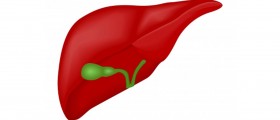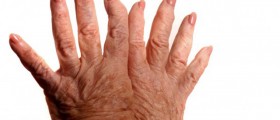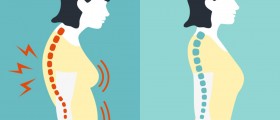I have had two episodes.of GBS (8/19 & 11/19) both receiving IVIG treatment. I an now experiencing severe neuropathy in my hands & feet. I've had two nerve conduction tests to confirm this. Nothing seems to help for very long, i.e. Tylenol, Frankinsence/ Myrrth oil, Amish Cream & a couple of pain reliever creams. HELP!
Loading...
Hi.
Dealing with severe neuropathy following episodes of Guillain-Barré Syndrome (GBS) can be challenging and often requires a multifaceted approach to management. Since you've already had nerve conduction tests to confirm neuropathy and have tried various remedies with limited success, it's important to explore other treatment options with your healthcare providers.
There are several medications specifically used for neuropathic pain that might be more effective than over-the-counter pain relievers like Tylenol. These include certain antidepressants (like duloxetine), anticonvulsants (like gabapentin or pregabalin), and sometimes topical treatments (like capsaicin cream or lidocaine patches).
Working with a physical therapist can be beneficial. They can provide exercises and therapies to maintain muscle strength and flexibility, which can sometimes help alleviate pain caused by neuropathy.
If your hands are significantly affected, occupational therapy can be helpful. An occupational therapist can assist with strategies and adaptive equipment to reduce pain during daily activities.
Simple changes in your daily routine can sometimes make a significant difference. This includes managing blood sugar levels if you have diabetes, improving your diet, engaging in regular exercise suited to your abilities, and avoiding factors that can worsen neuropathy, like excessive alcohol consumption.
Some people find relief through alternative therapies such as acupuncture, biofeedback, or mindfulness-based stress reduction. These methods can sometimes help with pain management and overall well-being.
If your pain is difficult to manage, a referral to a pain management specialist might be beneficial. These professionals specialize in various pain-relieving techniques and can offer more specialized interventions if standard treatments are ineffective.
Regular follow-ups with your neurologist or primary care doctor are essential. They can monitor your condition's progression, adjust treatments as needed, and provide support for any new symptoms that arise.
Loading...















